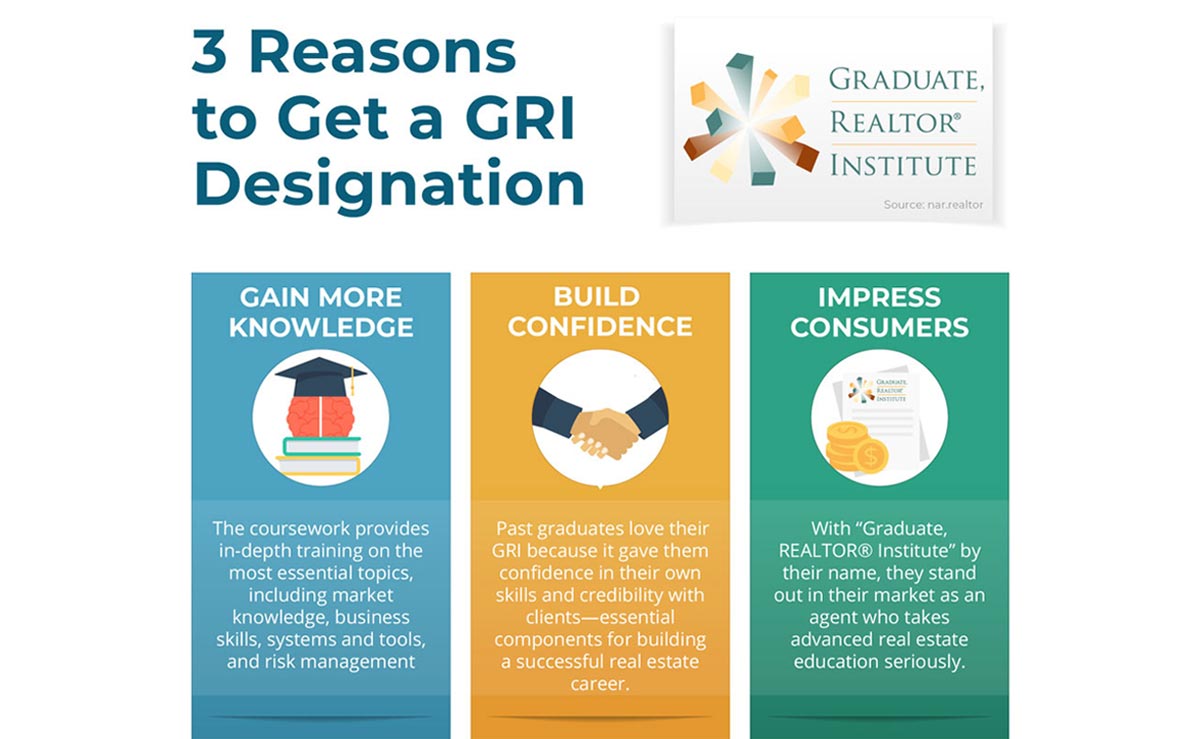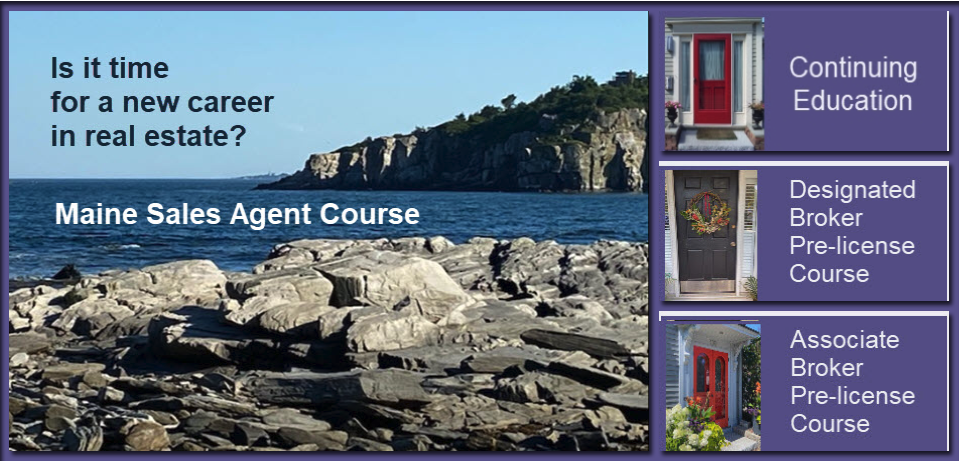
A career in real-estate is something you might be interested in. Here are some things to keep in mind before you embark on your new venture. One of the most important is getting a real estate license in md.
First, you must complete an approved prelicensing course. Second, you must pass a state exam. These courses can be done online for many, while some of them must be attended in person. If you do decide to enroll in this course, be sure it has been approved and you select a real estate education provider who has a strong track record for passing exams.
The pre-licensing coursework must be 60 hours and is designed to teach you the legal and business aspects of the real estate industry. Once you are done with your coursework, your school should send the required documentation and forms to PSI. PSI manages the Maryland realty exam. You will then be given a confirmation email from PSI with instructions on how to schedule and pay for the exam.
After passing the exam as a real estate salesperson, you can apply for your license. The process is straightforward and takes only one year.

You can become a real estate agent in md by joining an agency that specializes in selling properties in the state. This is a great opportunity to gain valuable experience and build your reputation. A percentage of the total sale price will be payable to you, which could help you build your own client base.
Maryland real estate agents must hold a license. This is done to protect the public and ensure that you have the right qualifications to do your job.
Obtaining your license isn't difficult, but it does take a lot of work and preparation. You should therefore take a course in pre-licensing and an exam prep class before taking the real estate exam.
This exam is divided into two parts: 80 questions are national and 30 questions are state-specific. You will have 90 minutes for each section.
Once you pass both sections, you'll have a score that you can use to calculate your total score. Your score can be submitted to the Maryland Real Estate Commission to apply for a license.

A background check is required. You can only become a licensed broker or salesperson once you are over 18 and have 3 years experience in sales. Maryland real estate broker licensing costs $190. $20 of the Guaranty Fund is included.
The Maryland Real Estate Commission website provides more information on how to obtain a Maryland license. Contact them if you have any concerns or questions. They'll be happy answer all your questions and assist you in the licensing process.
FAQ
How much does it take to replace windows?
The cost of replacing windows is between $1,500 and $3,000 per window. The exact size, style, brand, and cost of all windows replacement will vary depending on what you choose.
What is reverse mortgage?
A reverse mortgage is a way to borrow money from your home without having to put any equity into the property. It works by allowing you to draw down funds from your home equity while still living there. There are two types: conventional and government-insured (FHA). If you take out a conventional reverse mortgage, the principal amount borrowed must be repaid along with an origination cost. FHA insurance covers your repayments.
Is it possible fast to sell your house?
It may be possible to quickly sell your house if you are moving out of your current home in the next few months. Before you sell your house, however, there are a few things that you should remember. First, you will need to find a buyer. Second, you will need to negotiate a deal. You must prepare your home for sale. Third, you need to advertise your property. Lastly, you must accept any offers you receive.
Should I rent or own a condo?
Renting may be a better option if you only plan to stay in your condo a few months. Renting allows you to avoid paying maintenance fees and other monthly charges. However, purchasing a condo grants you ownership rights to the unit. You have the freedom to use the space however you like.
What are the key factors to consider when you invest in real estate?
It is important to ensure that you have enough money in order to invest your money in real estate. You will need to borrow money from a bank if you don’t have enough cash. Also, you need to make sure you don't get into debt. If you default on the loan, you won't be able to repay it.
You should also know how much you are allowed to spend each month on investment properties. This amount should include mortgage payments, taxes, insurance and maintenance costs.
You must also ensure that your investment property is secure. You would be better off if you moved to another area while looking at properties.
Statistics
- Over the past year, mortgage rates have hovered between 3.9 and 4.5 percent—a less significant increase. (fortunebuilders.com)
- This means that all of your housing-related expenses each month do not exceed 43% of your monthly income. (fortunebuilders.com)
- 10 years ago, homeownership was nearly 70%. (fortunebuilders.com)
- The FHA sets its desirable debt-to-income ratio at 43%. (fortunebuilders.com)
- It's possible to get approved for an FHA loan with a credit score as low as 580 and a down payment of 3.5% or a credit score as low as 500 and a 10% down payment.5 Specialty mortgage loans are loans that don't fit into the conventional or FHA loan categories. (investopedia.com)
External Links
How To
How to find an apartment?
Moving to a new place is only the beginning. This takes planning and research. It involves research and planning, as well as researching neighborhoods and reading reviews. There are many ways to do this, but some are easier than others. Before renting an apartment, it is important to consider the following.
-
You can gather data offline as well as online to research your neighborhood. Online resources include websites such as Yelp, Zillow, Trulia, Realtor.com, etc. Local newspapers, landlords or friends of neighbors are some other offline sources.
-
Find out what other people think about the area. Yelp, TripAdvisor and Amazon provide detailed reviews of houses and apartments. You might also be able to read local newspaper articles or visit your local library.
-
To get more information on the area, call people who have lived in it. Ask them what they liked and didn't like about the place. Ask them if they have any recommendations on good places to live.
-
Be aware of the rent rates in the areas where you are most interested. Consider renting somewhere that is less expensive if food is your main concern. Consider moving to a higher-end location if you expect to spend a lot money on entertainment.
-
Learn more about the apartment community you are interested in. It's size, for example. How much does it cost? Is it pet friendly What amenities does it offer? Are you able to park in the vicinity? Do you have any special rules applicable to tenants?